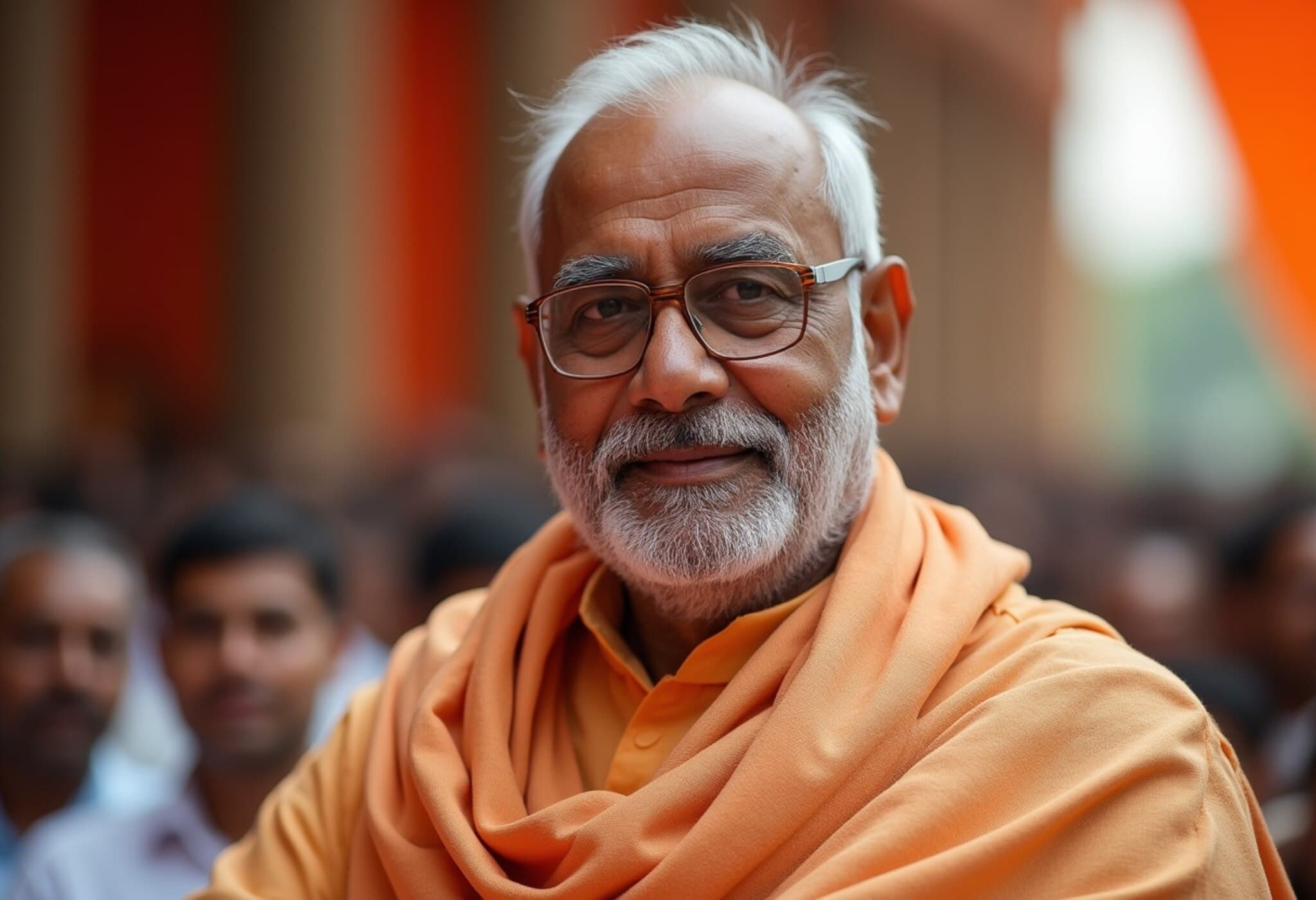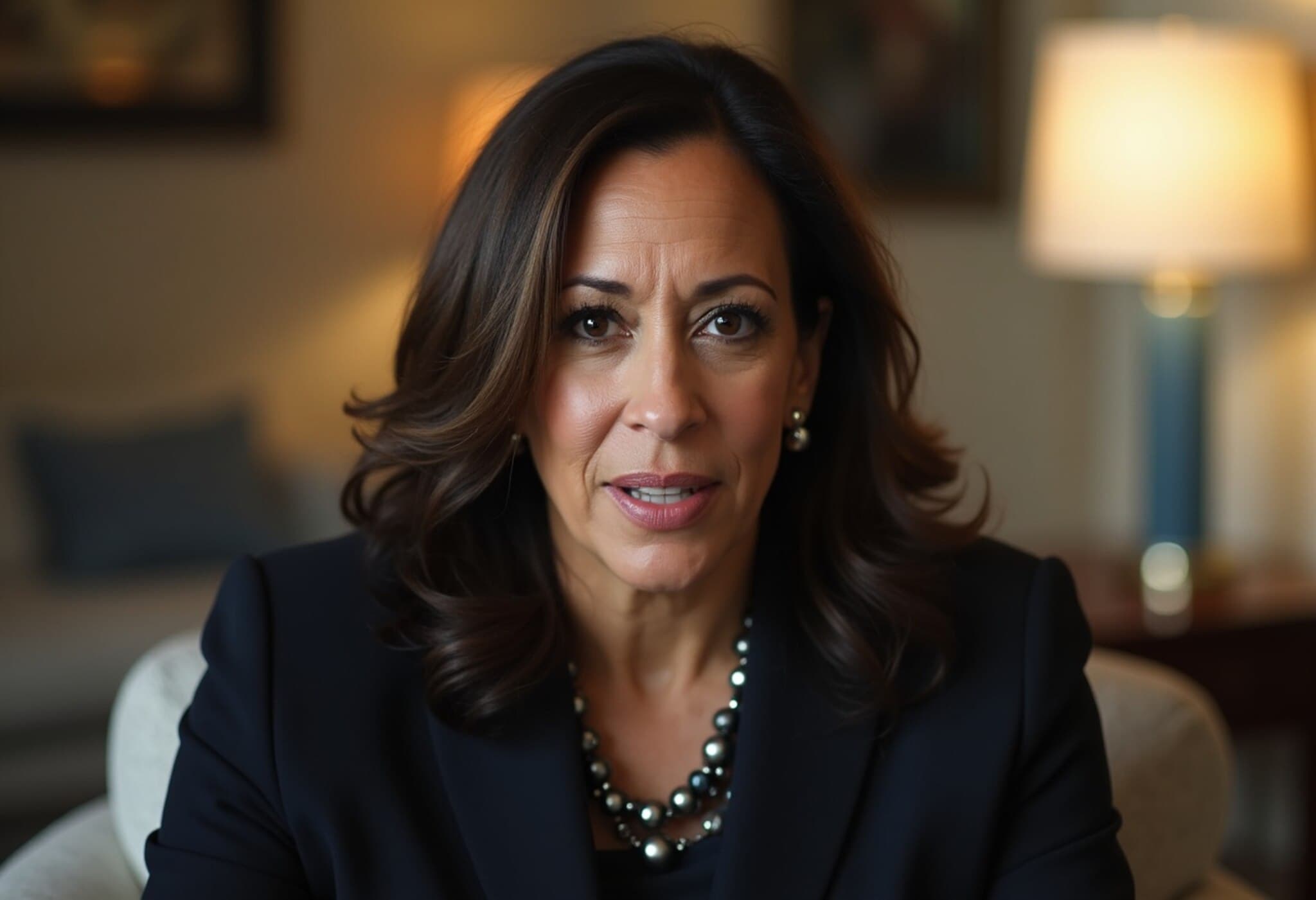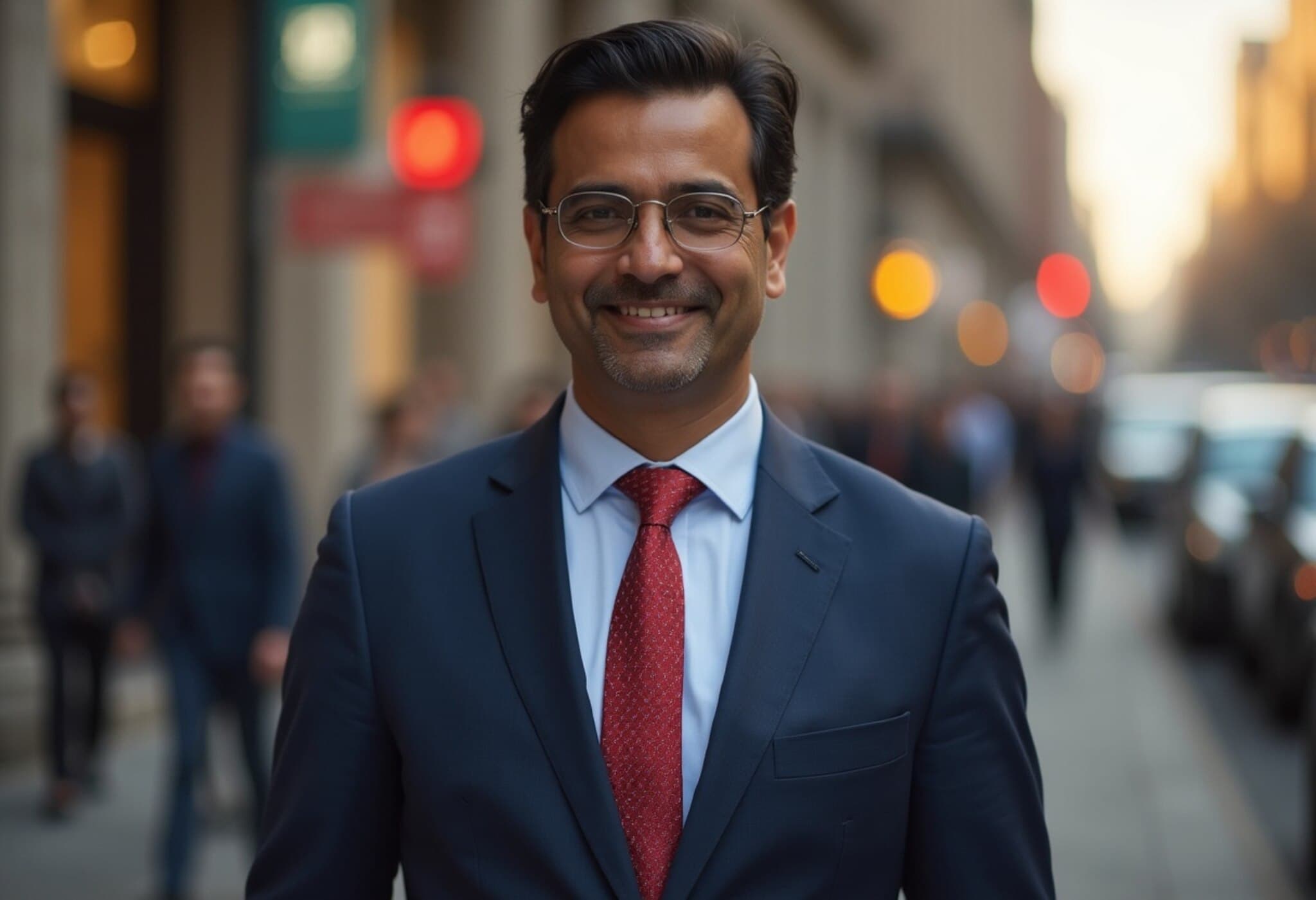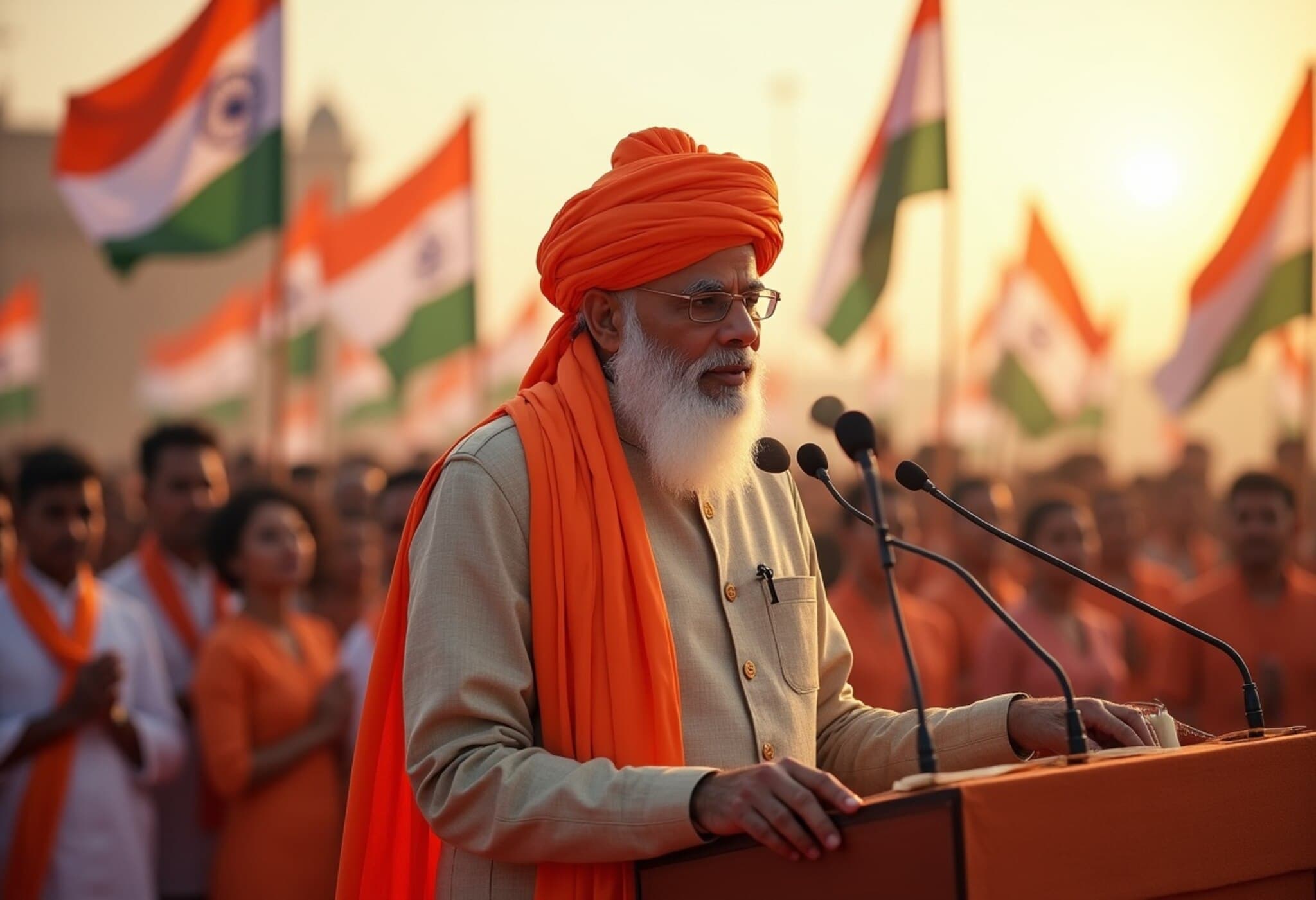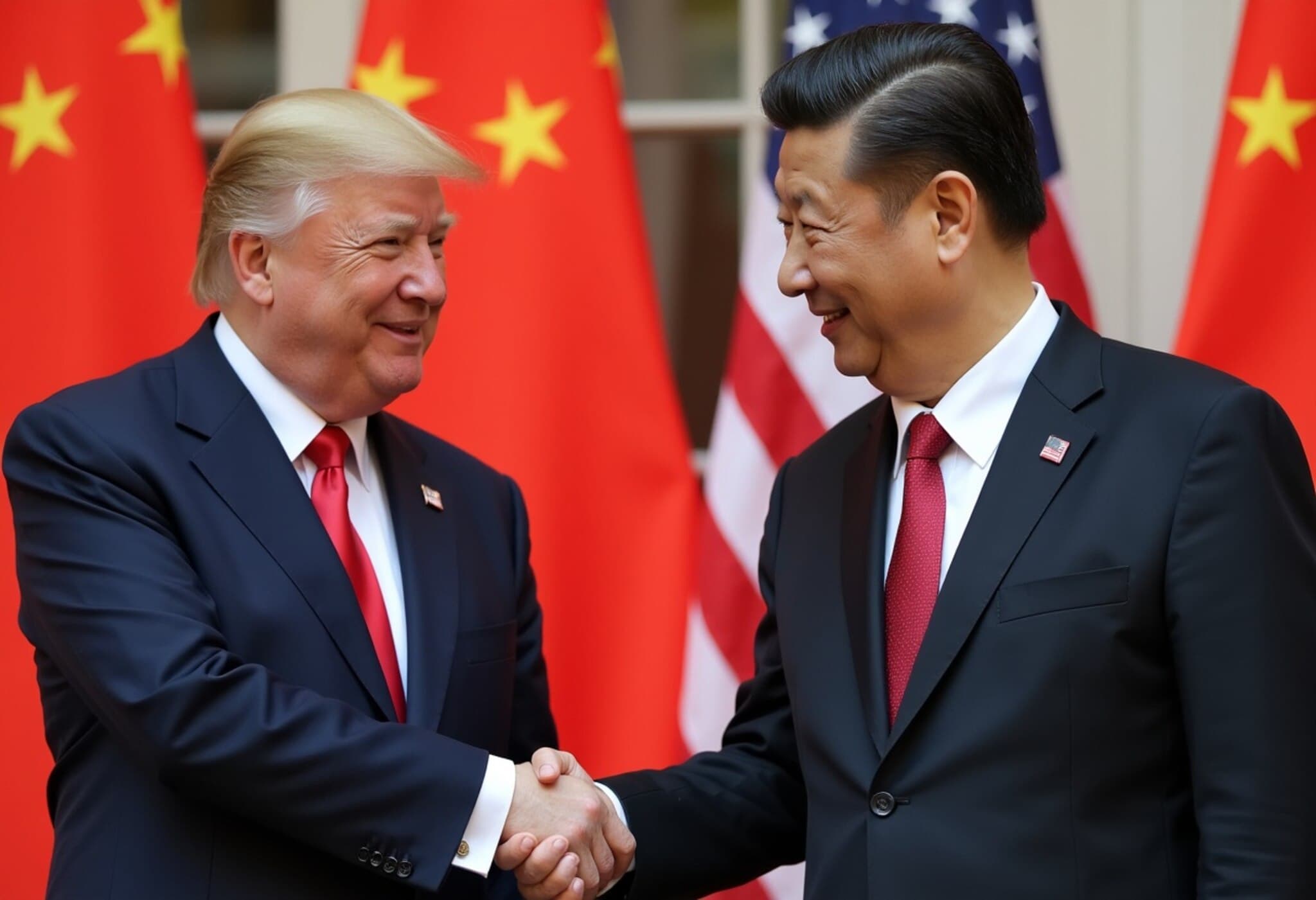RSS Chief Mohan Bhagwat Urges India to Embrace Strength and Economic Prosperity
In a compelling address at the national education conference Gyan Sabha in Kochi, RSS Sarsanghchalak Mohan Bhagwat underscored the vital need for India—referred to emphatically as "Bharat"—to transform itself into a powerful and economically robust nation. "The world respects strength," Bhagwat declared on July 27, 2025, highlighting that global recognition stems not just from ideals but from tangible power and wealth.
From ‘Golden Bird’ to ‘Lion’: A Vision for Bharat’s Future
Rejecting nostalgic labels like the “golden bird,” Bhagwat encouraged the nation to embrace the metaphor of the “lion”—a symbol of courage, strength, and sovereignty. "It is necessary because the world understands power," he stated, emphasizing that economic wealth is pivotal for global standing.
His powerful message resonates deeply with ongoing national debates about India’s role on the global stage, as the country navigates geopolitical rivalries and economic transformation in the 21st century.
Preserving National Identity: Why ‘Bharat’ Matters
Central to Bhagwat’s speech was a plea to preserve India’s unique identity through the use of the name "Bharat" without translation. "Bharat is Bharat," he insisted, arguing that the correct noun carries intrinsic cultural and historical significance that "India" does not fully capture.
He warned that loss of identity undermines respect and security: "If you lose your identity, whatever other meritorious qualities you may have, you will never be respected or secure in this world. That is the thumb rule." This viewpoint taps into broader cultural conversations about post-colonial identity and the politics of nomenclature in India.
Education Beyond Academics: Cultivating Sacrifice and Social Responsibility
Bhagwat also provided thoughtful reflections on education, describing it as a holistic process that transcends mere academics. "Bharatiya education teaches sacrifice and living for others," he remarked, boldly stating that education fostering selfishness cannot be considered true education.
He further emphasized that the educational ecosystem extends beyond schools into homes and communities, highlighting the importance of a supportive environment to nurture responsible, independent, and confident future generations.
Expert Insight: Weighing Bhagwat’s Vision in the Context of Modern India
Bhagwat’s call resonates strongly in the context of India’s ambitious economic goals, such as becoming a $5 trillion economy and its strategic positioning on the global stage. Yet, his emphasis on national identity and educational philosophy raises critical questions regarding inclusivity, plurality, and the balance between tradition and modernization.
Experts suggest that while strengthening economic and military capabilities is crucial for India’s geopolitical aspirations, it is equally important to foster a nuanced understanding of India’s diverse cultural fabric to ensure unity. Similarly, reimagining education to promote social empathy alongside competitiveness aligns with global trends advocating for holistic development.
Event Attendance and Significance
The conference was graced by dignitaries including Kerala Governor Rajendra Vishwanath Arlekar, alongside academicians and university vice chancellors, reflecting the influence and reach of the RSS-affiliated Shiksha Sanskriti Utthan Nyas in shaping educational discourse.
Editor’s Note
This address by Mohan Bhagwat encapsulates a crucial moment of introspection and aspiration within India’s socio-political and educational spheres. When a nation reimagines itself from a “golden bird” to a “lion,” it signals not just a desire for economic and military muscle but a deeper pursuit of identity and purpose.
Readers are encouraged to ponder: How can modern India balance its rich cultural heritage and pluralistic identity while striving for the strength and prosperity demanded by a complex global order? And in redefining education, what role should values like sacrifice and community-centric living play amid rapid modernization and globalization?
As India steps boldly toward its future, such dialogues will be critical in shaping a nation that is not only economically powerful but also inclusive, values-driven, and resilient.

